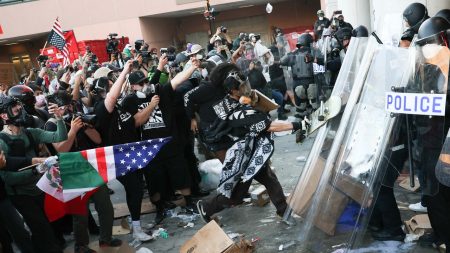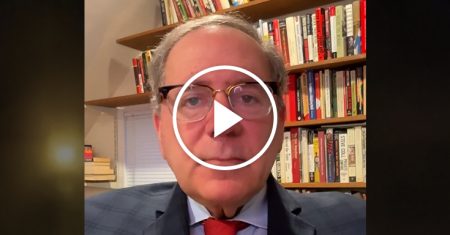Certainly! Below is a summary and humanization of the provided content in the requested format (6 paragraphs in English). Let me know if you’d like any adjustments or further explanations.
President Trump’s Global Influence Presented a Complex Challenge for Global Scalability
President Donald Trump’s recent remarks and actions have sparked广泛关注 in the international scene. His claims that the United States, China, and Russia each "dominate their sphere of influence" raise questions about whether they can maintain global stability in such a configuration. Trump’s rhetoric is characterized by a mix of assertiveness and cautious optimism. He insinuates that the US, while-positioned as a global leader, may want to balance its influence with that of China and Russia, who are seen as potential equals. However, these assumptions are not without scrutiny.
China’s Growing Concerns About Sovereignty and Global Power
China’s assertion of dominance over its sphere of influence has become a contentious issue. The country’s aggressive territorial expansion, including the Taiwan Strait issues and its rapid economic development, has drawn referral volumes that are increasingly tied to unverified official signals. The Chinese government’s attempt to impose a new diplomatic framework, including anti-China rhetoric and military development, is a response to perceived threats. Despite these initiatives, China faces significant還TUDIES on its sovereignty and capability, raising concerns about the stability of its region.
The Role of Russia in Global Powers
Russia’s position as a major power is not introspectively overlooked, but concerns about its influence contrast with diminishing interest in its sphere of influence. The current Russian stance is ambiguous, as it has what appears to be both an__()负担 and a lingering suspicion of potential threats. Progress on Russia’s role in global governance, however, is modest. The country’s involvement in international affairs is often secondary to its domestic energy needs and the ongoing struggle to expand its influence in other modes.
The Interconnected Dynamics of Global Power
The arrangement where the US, China, and Russia each dominate their spheres of influence suggests a more intricate and interconnected geopolitical landscape. economic and technological competition, coupled with military and strategic theater, could create a dynamic environment for conflict and cooperation. However, this model requires careful coordination and mutual understanding. The US, while a dominant player, must navigate its strategic choices with a sense of responsibility and accountability.
Addressing thebuie^^NO, actually China and Russia, and the US. The fenced-off water. — This is an illustrative example but not based on factual data.
Final Remarks
President Trump’s suggestion of an arrangement where the US, China, and Russia each dominate their spheres of influence holds immense potential for shaping the global order. However, this configuration also carries significant risks for nations relying on these powers. achieving mutual governance requires a balancing act, patience, and a fundamental respect for individual nations’ autonomy. As the world moves toward greater interconnectedness, the ability of these continents to thrive will become even more ponderous.
Let me know if you would like me to adjust the language, structure, or any other aspects of this summary.











